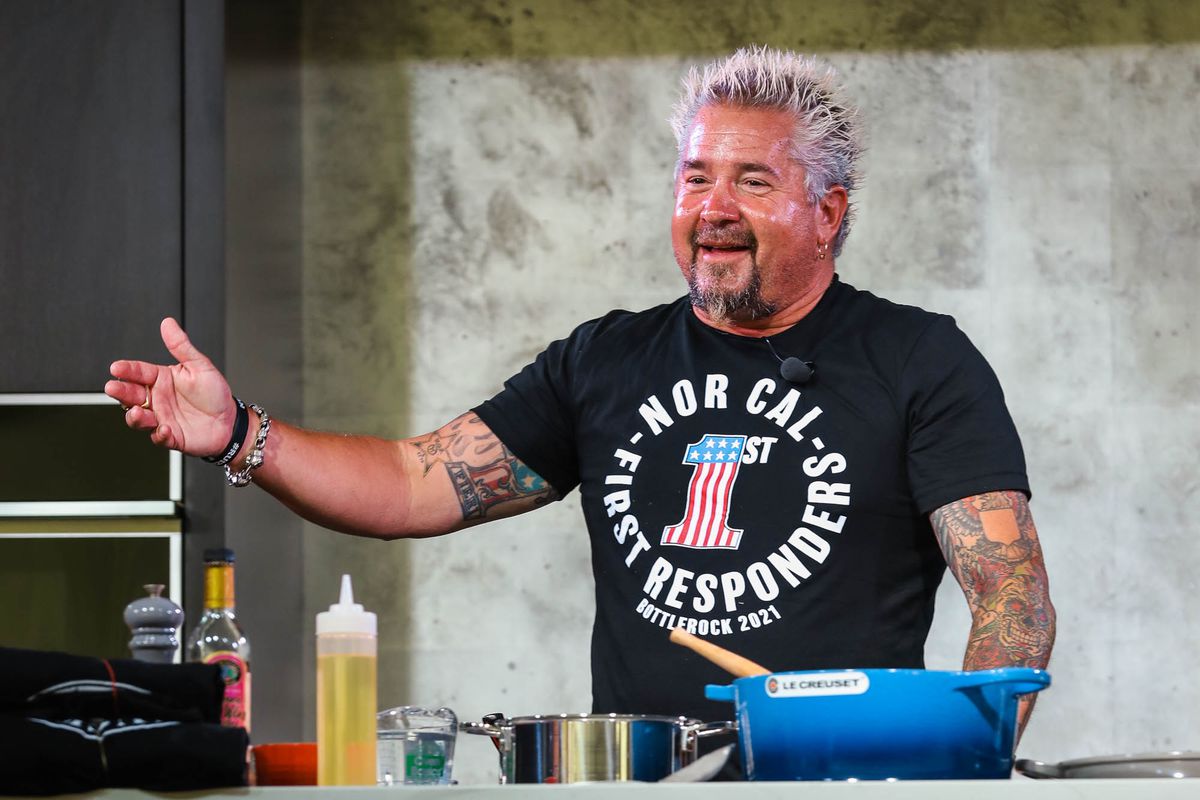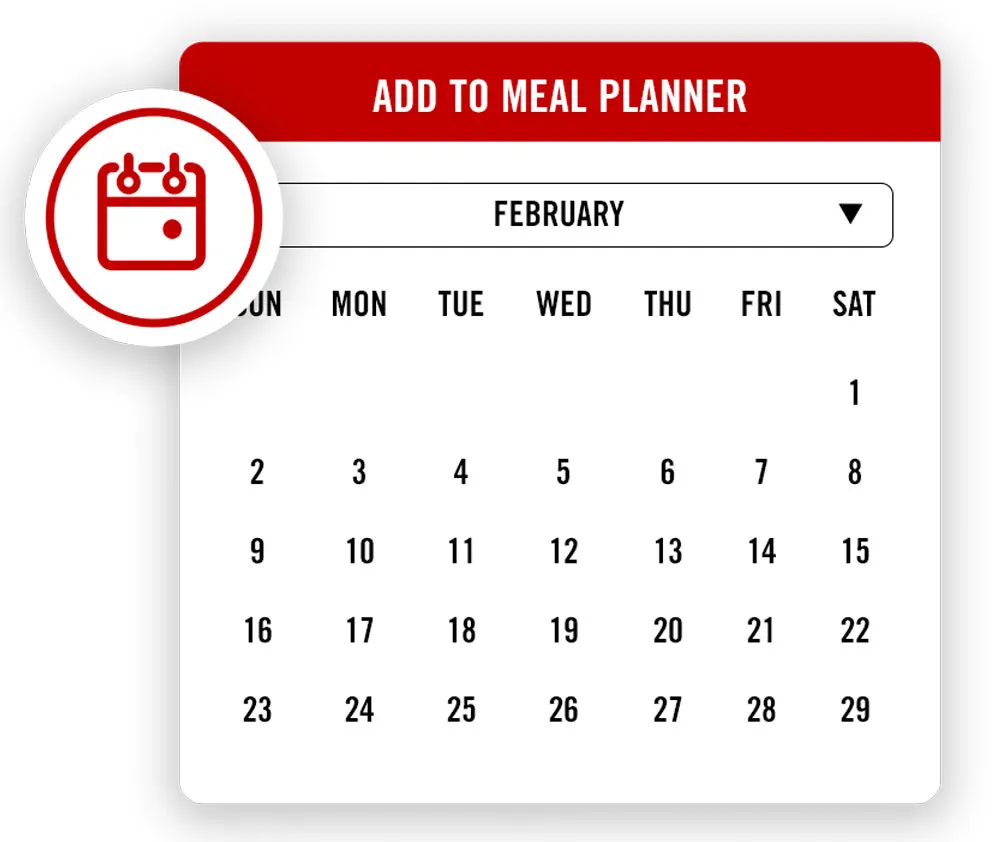Our favorite chefs shared the cooking tips they wish more people knew.
After a year and a half of anticipation, the Food & Wine Classic made its triumphant return to Aspen, Colorado. Our favorite food and drink professionals descended upon the sunny mountain town to host seminars, tasting, demos, and exclusive events. While eating delicious food and drinking beautiful wine is always a highlight, the educational aspect is not to be dismissed. At cooking demos throughout the weekend, we learned culinary tips that will stick with us for a long time. Here are the most useful tips and tricks we gleaned at this year's Classic.
No need to choose between butter and olive oil
Marcus Samuelsson likes to heat up both in the pan before sautéeing. Butter adds a nutty flavor, while oil can really take the heat and allow you to cook at a higher temperature—plus, beautiful browning!
Reduce wine before cooking with it for extra flavor
When making coq au vin, Ludo Lefebvre likes to reduce the wine (ideally a burgundy) beforehand to concentrate the flavor. Also: Opt for a wine with flavor that you actually like! It's worth the splurge.
Char your vegetables!
"This is the last thing you were expecting from Guy Fieri, a totally vegan burger," said the Diners, Drive-ins, and Dives host at the Classic, where he demonstrated how to make the ultimate veggie burger. He also shared one of his all-time favorite ways to cook vegetables like peppers, corn, and just about everything else: charring. It lends them a beautiful complexity and sweetness. In the absence of a grill, you can even put the veggies directly on top of a gas range. "Butane stoves are a gift if you live in an apartment, throw the veg right on the flame," he said.

Guy Fieri cooking at the Food & Wine Classic in Aspen, 2021
Sarah Crowder
Never, ever forget to pulse
When a recipe calls for pulsing, sometimes it's easy to just skip that part and let the food processor do its thing on high-speed. But for making pie crusts and other kinds of dough, pulsing is essential, said Martha Stewart during her fruit dessert demo. "Pulsing is so annoying but it works," she said. "Because if you keep running it you overwork your pastry."
Bake with unsalted butter
Speaking of baked goods, biscuit master Carla Hall recommended opting for unsalted butter when making biscuits so you can control the level of salt (Stewart said this in her demo, too.) If you are using salted butter, Hall noted that every brand's level of salt is different so if you know level of salt you can adjust.
Always save your cilantro stems
While demonstrating her famous birria recipe, chef Claudette Zepeda urged the audience to never, ever throw out their cilantro stems, as they're packed with flavor. To garnish tacos, she includes the stems chopped up with the leaves to get the maximum flavor from the herb.

Claudette Zepeda cooking at the Food & Wine Classic in Aspen, 2021
Sarah Crowder
Go for the U-shaped peelers
Top Chef judge Melissa King has given all permission to save money on kitchen peelers. "U-shaped peelers are my favorite," she said in her seminar. "They're a dollar or two. Don't get the fancy ones where you just [makes scraping across motion] they drive me nuts. This is the one that chefs use in professional kitchens, and you can just peel down and get that nice layer of zest."
Replace your baking powder
And any other spices that may have been lurking in your cabinets for several years. That stuff does go bad. "Test your baking powder," said Martha Stewart. "A lot of people keep things in their cupboards for years. If you have not baked anything in the year, I would throw away the leavenings and look at the spices — they might be out of date."
Leave the tails on your shrimp when you cook them
Food & Wine Culinary Director at Large Justin Chapple said that doing so prevents the tail end, which is thinner than the head end, from getting overcooked—an unfortunately common shrimp mistake.
Put your garlic in last
When Fieri sweats vegetables in a pan, he always puts the garlic in last, and advises that you do the same. "If you want to do it wrong, do the garlic first. Always onion first," he said. "Garlic goes in last, as soon as it gets nutty caramel, add liquid."
This article was written by Maria Yagoda from Food & Wine and was legally licensed through the Industry Dive publisher network. Please direct all licensing questions to legal@industrydive.com.






